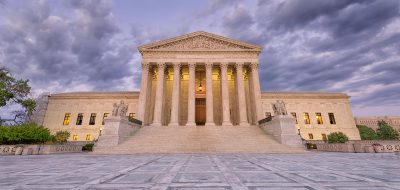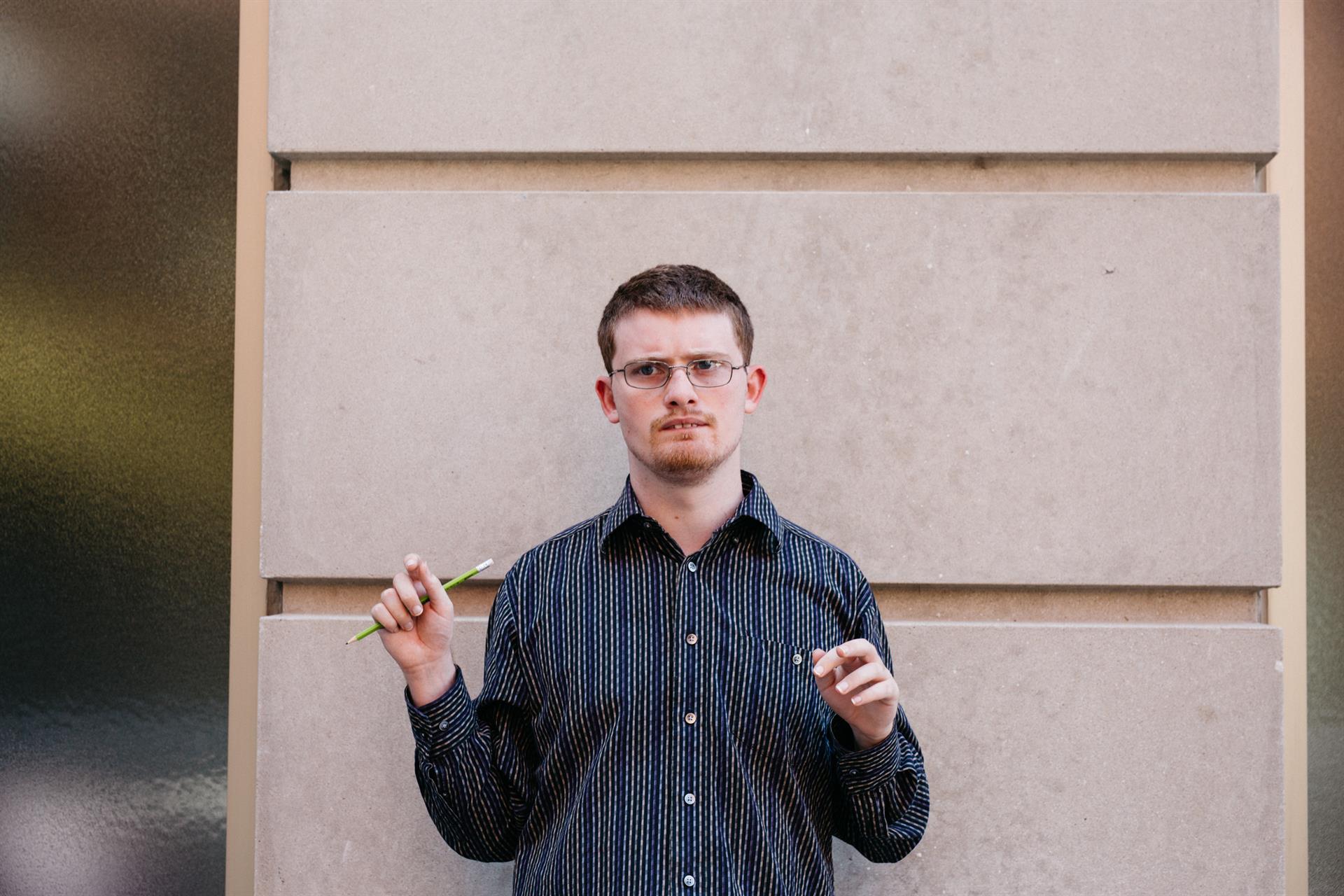Â
Two dangerous products are currently being peddled as ‘cures’ for autism:Â
- *GcMAF, an unlicensed blood productÂ
- *MMS, a bleach banned for human consumptionÂ
Â
Do not use these products in any circumstances. They could be very harmful.
Â
There is no proper scientific evidence of any kind that any products ‘cure’ autism, and these products are dangerous. The Medicines and Healthcare Regulatory Agency say you should not use GcMAF or MMS. The Food Standards Agency have also warned against using MMS. These authorities continue to investigate people selling these products.Â
Â
A ‘cure’ for autism?
Â
Autism is a lifelong condition. There is no ‘cure’ and the idea of aiming to ‘cure’ autism is often deeply upsetting for people on the autism spectrum and their families, who see autism as a part of themselves or their loved ones.
Â
Autism can present many challenges but there are many approaches and forms of support that can help transform autistic people’s lives, whether in employment, independent living or a care setting.Â
Â
We urge family members looking for support to seek out reliable information before making any decisions about approaches, from trained local professionals, NICE guidance or our own information.Â
Â
The National Institute for Health and Care Excellence (NICE) looks regularly at what support works best for autistic people. Its Quality Standard on autism explains which interventions and therapies are effective and rules out others. You can also find out what approaches we have found helpful during the 50-plus years we’ve been working with autistic people here. Â
Â
What are we doing to help stop people using these products
Â
For over two years, we have been running a digital advertising campaign so that people who are searching for these products get directed to reliable information. Over 30,000 people have seen these adverts. We think this is the best approach to educating people as only people who have heard of these products see this information. The last thing we want to do is make people who do not know about these products find out about them and use them.Â
Â
We have supported journalists researching the sale and use of these products, so that they have proper information about how damaging they are. By working with journalists, we have successfully managed to stop harmful stories about these ‘cures’ making it to national media.Â
Â
We are part of the Westminster Commission on Autism, a cross-party, cross-sector group of Parliamentarians, autistic people, parents/carers, charities, academics and health professionals, who are undertaking an inquiry into the issue of fake cures/therapies for autism.Â
Â
We have also tried to understand how many people have used or consider using these products. For example, we have reached out to our volunteer-run branches but we have struggled to be sure of the level of demand. Two national media outlets have also struggled to find evidence of people using these chemicals.Â
Â
However, our charity is, of course, not in contact with every person on the autism spectrum or their family members in the UK, so we can’t be certain how many people may be considering using these products. We also know how difficult life can be for families who can’t get support and how vulnerable they might be to claims from dubious individuals or companies.
What to do if you’re concerned about a company or claim
Â
If you are concerned about the practice of an individual or company or the claims they’re making in relation to autism and therapies and interventions, please contact the relevant authorities below.
Â
What else can be done?
Â
It’s important to do everything we can to make sure vulnerable autistic people and their families don’t fall for claims made about dubious and/or dangerous autism treatments and ‘cures’. We believe the most effective things are to:Â Prevent people wanting to use these products
- So we give the public accurate and evidence-based information about which support, strategies and interventions can help.
- And we campaign and work with professionals to improve support for autistic people and their families, so they don’t fall into crisis and feel the need for untested therapies and interventions.Â
Stop people marketing and selling these products
- So we tell the police or other authorities if anyone is selling or marketing dangerous products so they can investigate and stop their supply (see below for more information and contacts).Â
- And we work with the Medicines Healthcare and Regulatory Authority to support their investigations.Â
Â
Do we need new laws to stop this?
Some campaigners are calling for specific legislation to be introduced to stop the supply, marketing and use of dangerous therapies and interventions – often marketed as ‘treatments’ or even ‘cures’. Our charity shares their concern and agrees that dangerous products should not be sold or distributed. We’re always open to ideas on how to address this, and to adapting our approach (outlined above), but we do not believe that new laws are what is needed. This is because:
There are existing safeguards in place
- It is illegal to administer a harmful or dangerous product to another individual and people doing this can be prosecuted as criminals and charged with assault.Â
- The UK’s 4 nations – England, Northern Ireland, Scotland and Wales – have their own child protection system and laws to help protect children from abuse. All nations have laws covering situations where a child may be seriously harmed by abuse resulting in a potentially life-threatening injury or a serious and/or likely long-term impairment. This ‘impairment’ could be anything of physical or mental health or physical, intellectual, emotional, social or behavioural development.
- There are already laws and regulations in place. Authorities governing medicine licensing, food and trading standards have the power to investigate and stop the sale of dangerous products.Â
- We would rather there was more effort on enforcing existing laws than bringing in new ones. This is why we are trying to raise awareness of the dangers of these products so they are understood and that, where appropriate, prosecutions can be pursued by the authorities. We would encourage people again, to raise their concerns (information above) to help make sure this happens.Â
Unclear how a new law would help
- There is very little evidence about the scale and nature of the problem, what any new law would look like, how it would work and whether it would be successful. Without this evidence, we cannot make the case for a new law to any government.Â
- We are unsure about how any new law would be enforced. For example, these products are available on the internet and, as far as we understand, are often sold as individual ingredients and only become illegal when put together. They also form a ‘moving target’ as charlatans and quacks find other products to sell.Â
- We’re also concerned that legislation would not stop people desperate for any solution from seeking out products which are already unlicensed and sold through ‘unofficial’ channels.Â
- We believe the time, effort and money that would go into creating new legislation would be better and more effectively spent enforcing existing laws and systems.Â
- Given that there are already laws on the sale of dangerous products, we believe the best and quickest way of stopping the sale of these products is to make sure autistic people and their families get the support they need and have access to accurate and robust information about what works.Â
How we campaign
There are hundreds of things which we would like change about policy and public attitudes to make the world work better for autistic people and family members. But, our campaign work is funded by donations, so we have to prioritise to make sure we make the most impact. Find out how we decide what to campaign about.Â
















